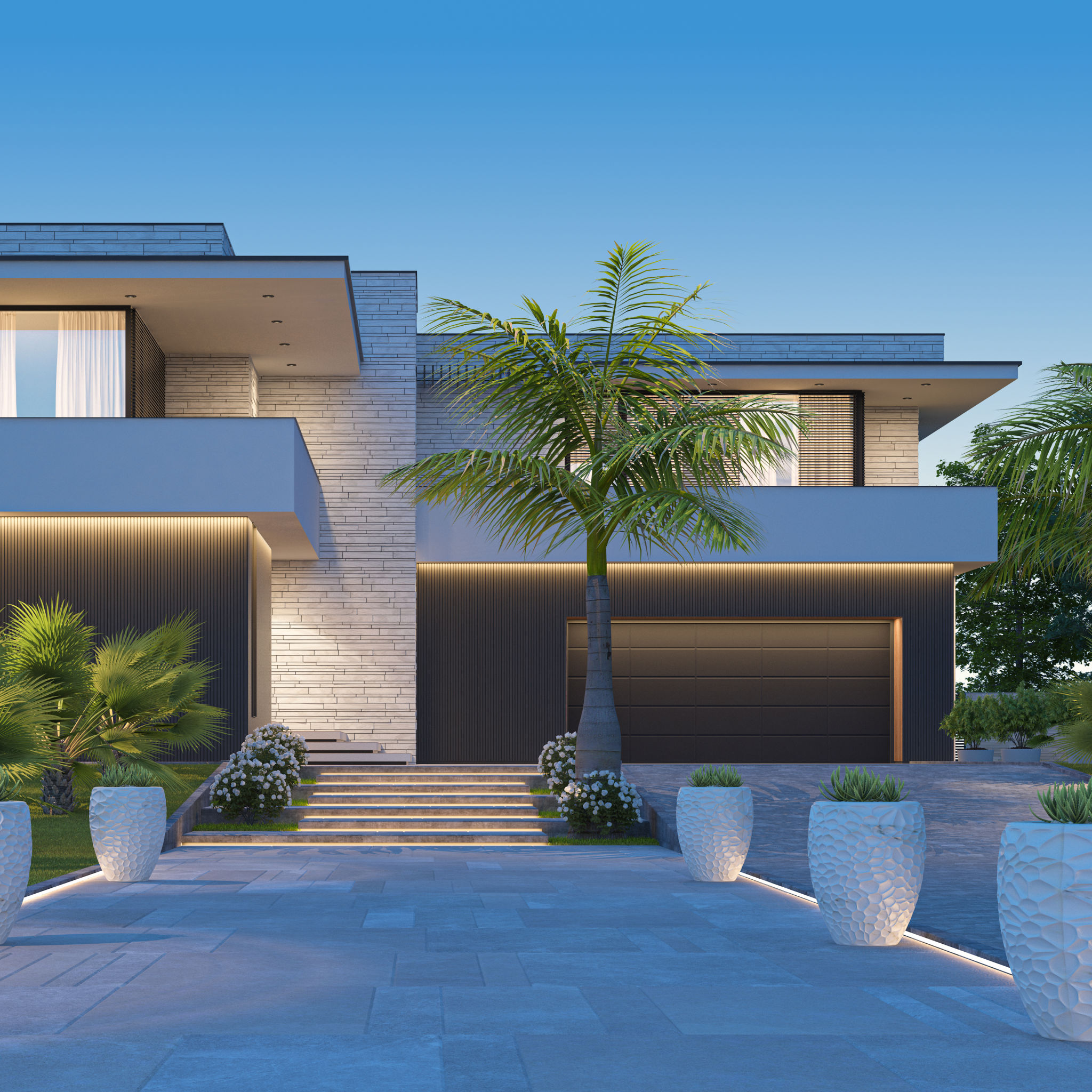Comparing Render vs. Paint: Which is Better for Your Exterior Walls?
The Basics of Render and Paint
When it comes to enhancing the exterior of your home, choosing between render and paint can be a significant decision. Both methods have their own set of advantages and potential drawbacks. Understanding these can help you make an informed choice that best suits your needs.
Render is a coating applied to the exterior walls, providing a smooth or textured surface. Commonly made from cement, lime, or acrylic, render can be tailored to different finishes, allowing for versatility in design.
On the other hand, paint is often used for adding color and protection to exterior walls. It can be applied directly over existing surfaces, making it a straightforward option for those looking to refresh their home's look without significant structural changes.

Durability and Maintenance
One of the critical factors in deciding between render and paint is durability. Render is known for its robust nature. It can significantly improve the weather resistance of your walls, protecting them from harsh elements like rain, wind, and sun.
Paint, while protective, generally offers less durability compared to render. It can fade or peel due to weather conditions over time, necessitating more frequent maintenance. However, the ease of reapplication makes it a convenient option for those who enjoy changing their home's aesthetic regularly.

Cost Considerations
The cost is another crucial aspect to consider. Render can be more expensive initially due to the materials and labor involved in its application. However, its longevity and low maintenance requirements can make it a cost-effective solution in the long run.
Paint is typically less expensive upfront. The materials are affordable, and the labor costs can be lower since painting is generally a quicker process compared to rendering. Nevertheless, the need for more frequent touch-ups or repainting can add up over time.
Aesthetic Appeal and Flexibility
When it comes to aesthetics, both render and paint offer unique benefits. Render provides a wide range of textures and finishes, from smooth modern looks to more rustic appearances. This versatility allows homeowners to achieve a distinctive look that complements their architectural style.

Paint offers a vast palette of colors, making it easy to find the perfect shade to match your vision. It allows for quick changes in color scheme and can be used to create striking contrasts or subtle blends with other exterior features.
Environmental Impact
In today's eco-conscious world, considering the environmental impact of your choices is important. Render materials vary in their environmental footprint, with some modern options being more eco-friendly than traditional cement-based renders.
Paints also come in various formulations, with newer products offering low-VOC (Volatile Organic Compounds) options that are less harmful to the environment and better for indoor air quality. Opting for these products can help reduce your environmental footprint.
Final Thoughts
Ultimately, whether you choose render or paint for your exterior walls depends on your priorities—be it durability, cost, aesthetics, or environmental considerations. Both options have their strengths and can significantly enhance the curb appeal of your home.
Consider consulting with a professional to assess your specific needs and preferences before making a decision. This way, you can ensure that your choice not only beautifies your home but also adds value for years to come.

